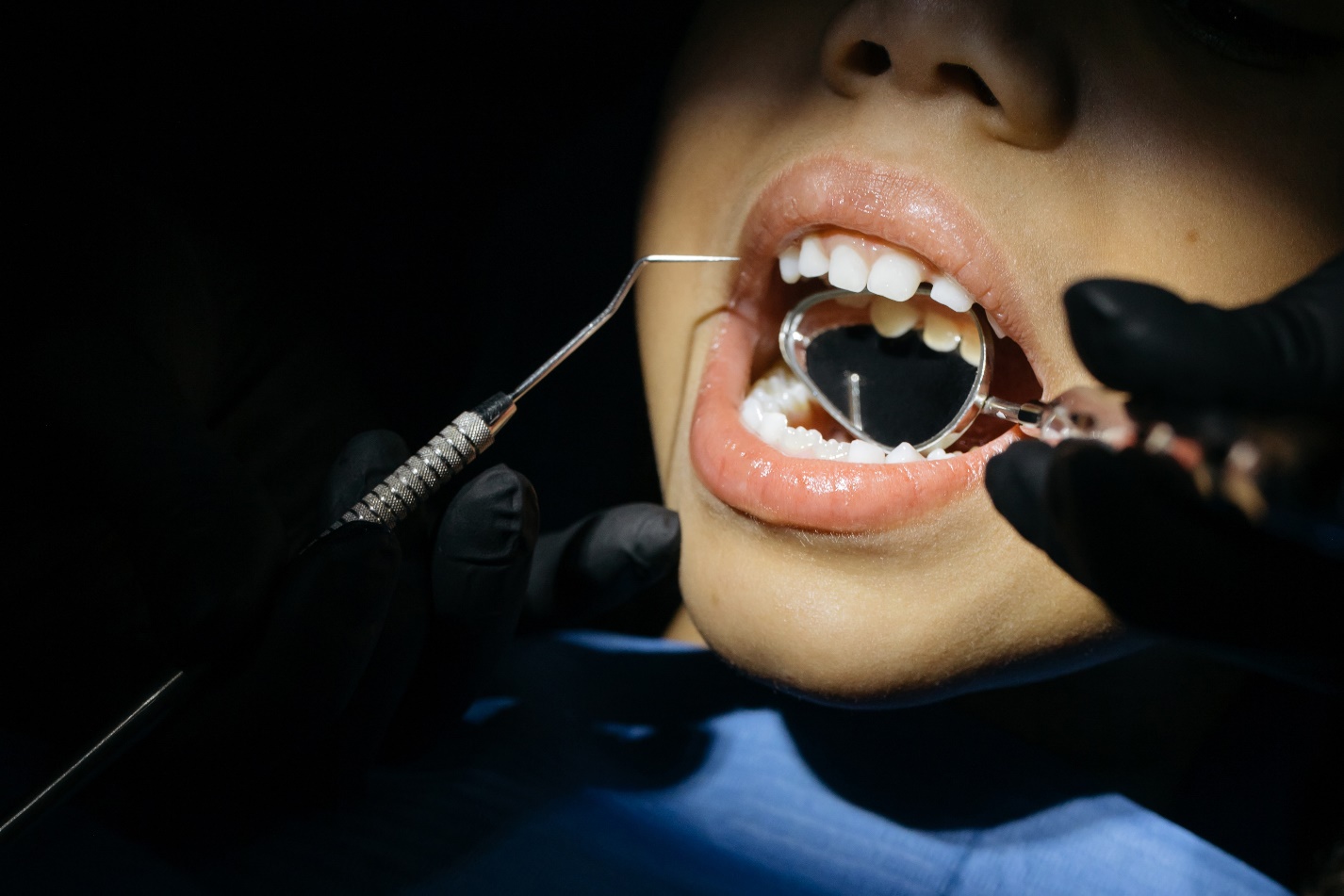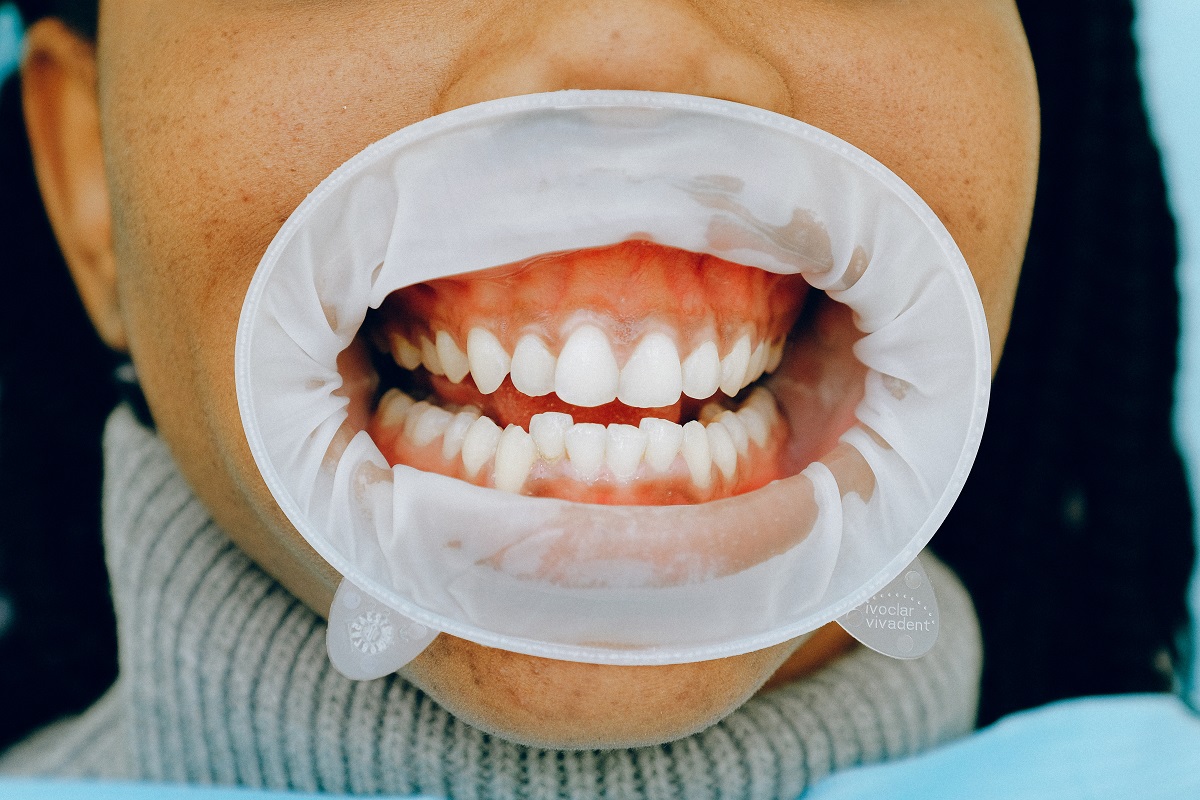
The field of medical tourism continues to grow with the establishment of dental implants and other dental services becoming a big part of the overall picture. What is it really like to travel for dental care? From a local dentist Meath to Minsk, what considerations should you have? This article looks beneath the marketing at the nuts and bolts of dental care abroad.
There are significant reductions in the price of dental care in many countries. Regulations, the average wages and business running costs of dental clinics put the UK, France and Germany being some of the most expensive for dental care, with Romania and Turkey being some of the cheapest.
Start of formal dental care
Dental care was not always regulated, and the formation of regulatory bodies was a response to the damage that can be caused by questionable treatments. With an increased appreciation for evidence-based medicine, equipment and consumer rights and the ability to legally file an issue has a significant disadvantage when negotiating price. In short, you get what you pay for, so be careful when looking for dental care abroad.
Global standards
There has been a strong attempt to establish global dental standards over W.H.O. and E.U. directives applicable across Europe. This has been extremely limited and is often operated on a voluntary rather than legislative basis, but there are guides that can be helpful like the health regulation counsel.

Associations and Regulatory bodies
National dental associations are present in almost all nations, but the strength and competencies of these institutions are highly variable. The range from Meath to Minsk is vast, from a highly regulated modern European dental service under overarching directives, (albeit one with slightly cheaper costs due to the average Irish salary), all the way to Belarus whose dental standards have not been altered since its Soviet government and has widespread issues fraud and corruption.
Cost of regulation, Buyer be buyer beware
The nature of a well-regulated industry is that costs are generated. In the case of dentistry, these costs come by demanding a standard of equipment, materials used and training that comes together to create a higher quality and more reliable service but also generates overheads and costs. These overheads and costs have to be passed down to the consumer in private practices.
If your experience of dentistry has only been within a highly regulated industry, the international market can be a significant culture shock, where cost savings are certainly available but the consistency and quality of the care must be highly scrutinized. When it comes to your health, safety and quality of life, buyer’s beware is definitely applicable and should not be taken lightly.
Payments and Insurance
Transactions and payments can be complicated by the need to exchange currency or apply insurance costs. It is possible that your insurance provider may have exceptions against international care and you will have to check your policy carefully. Standard travel insurance does not cover planned medical travel, only emergency medical procedures and would be insufficient in the event of effects or complications. None of these problems are insurmountable; they simply have to be factors that you take into consideration when going abroad for dental care.
Leave a Reply